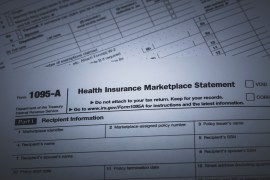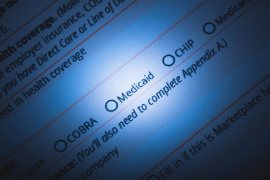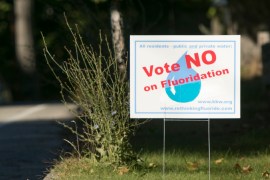Medicare could earn up to $111 million annually if it limited insurers’ ability to retain investment earnings on the billions they are paid through the prescription drug program, according to a government reportout today.
That’s because Medicare prepays the private insurers approximately 20 days before the insurers pay their pharmacy bills and does not require them to return any of the interest they earn while holding that money, says the report by the Office of the Inspector General for the Department of Health and Human Services.
That contrasts with how the government treats insurers in the Federal Employees Benefit Program, which provides health coverage for federal workers, the report said
The report is advisory and was given to the Centers for Medicare & Medicaid Services (CMS) and to members of Congress.
The auditors recommend that CMS pursue legislation to change the timing of payments so insurers pocket the money only briefly before they pay their bills. If the government had such a rule in effect in 2009 – the year the auditors studied – the Medicare Part D trust fund would have earned $111.2 million in interest.
The report said the agency could also consider regulations requiring private insurers to reduce their bid proposals to reflect expected interest earnings.
CMS disagreed with the auditors, saying those options would lead most insurers to raise their prices to the government to recoup the investment loss.






